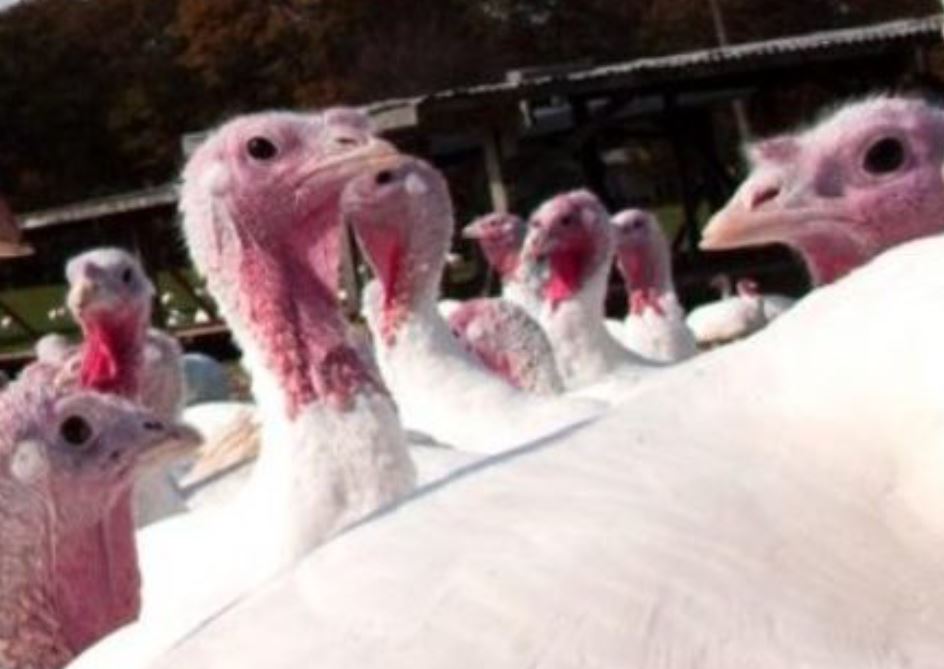The UK Health Security Agency (UKHSA) has confirmed a case of avian influenza (bird flu) in a person in the southwest of England.
According to the agency, the person acquired the infection from very close, regular contact with a large number of infected birds, which they kept in and around their home over a prolonged period of time.
The case was detected after the Animal and Plant Health Association (APHA) identified an outbreak of the H5N1 strain of avian flu in the person’s flock of birds.
Their infection was identified through the routine monitoring which is conducted on anyone who has close contact with infected birds. The infected birds have all been culled.
All contacts of the individual, including those who visited the premises, have been traced and there is no evidence of onward spread of the infection to anyone else.
The individual is currently well and self-isolating, the agency said, adding that the risk to the wider public from bird flu continues to be low; however, people should not touch sick or dead birds.
Prof. Isabel Oliver, chief scientific officer at UKHSA, has said that the possibility of human-to-human transmission is low.
“Currently there is no evidence that this strain detected in the UK can spread from person to person, but we know that viruses evolve all the time and we continue to monitor the situation closely,” she added.
“We have followed up all of this individual’s contacts and have not identified any onward spread.”
Bird flu
The UK is experiencing its worst-ever outbreak of bird flu.
The Department of Agriculture, Environment and Rural Affairs (DAERA) has said that over 80 cases of bird flu have been detected in Northern Ireland, the Republic of Ireland and Britain in the latest outbreak of the disease.
In the Republic of Ireland, the department said that six HPAI H5N1 cases have been identified and confirmed; five in Co. Monaghan and one in Co. Cavan. DAERA said it has worked closely with the Department of Agriculture, Food and the Marine (DAFM) where surveillance zones extend into Northern Ireland.
Recently, a German government research centre said that Europe is also experiencing its worst-ever bird flu outbreak.
The Friedrich Loeffler Institute (FLI), Germany’s Federal Research Institute for Animal Health, said that new cases are being detected daily.
Over one million birds have been culled in Germany alone since the beginning of this outbreak.
Cases of HPAI H5N1 have been confirmed across the world including in Russia, Canada, India and East Asia.
